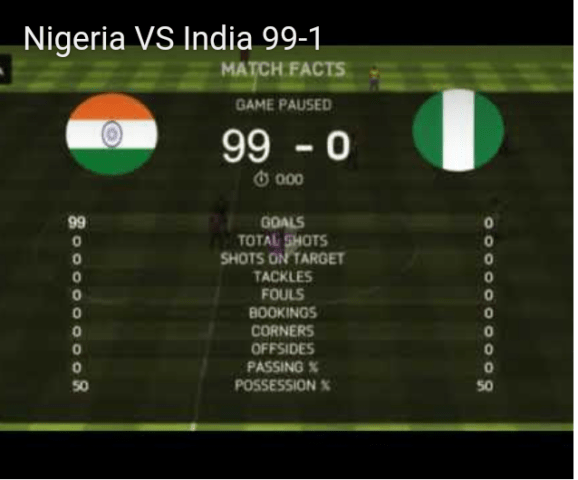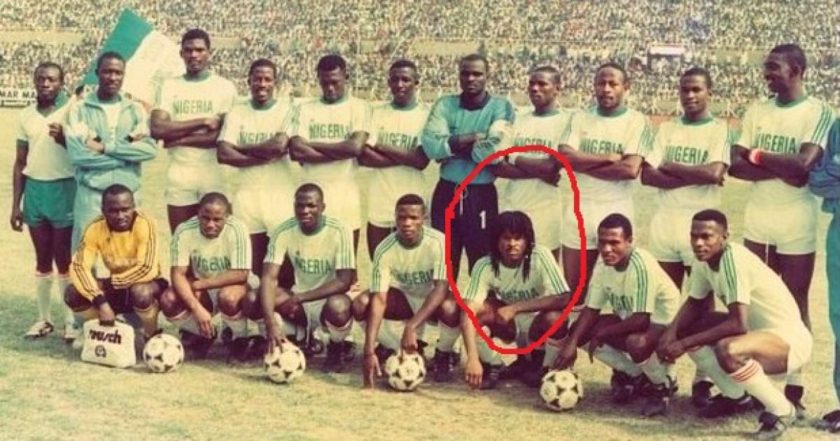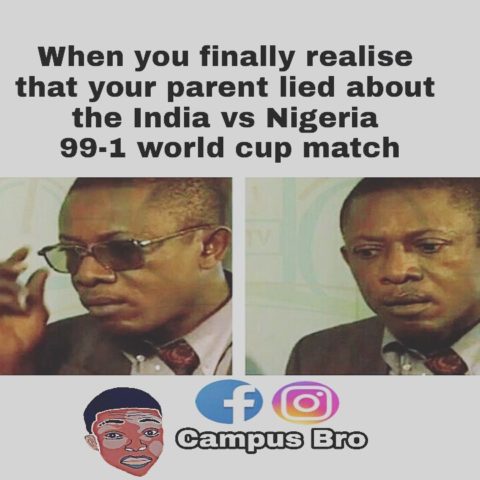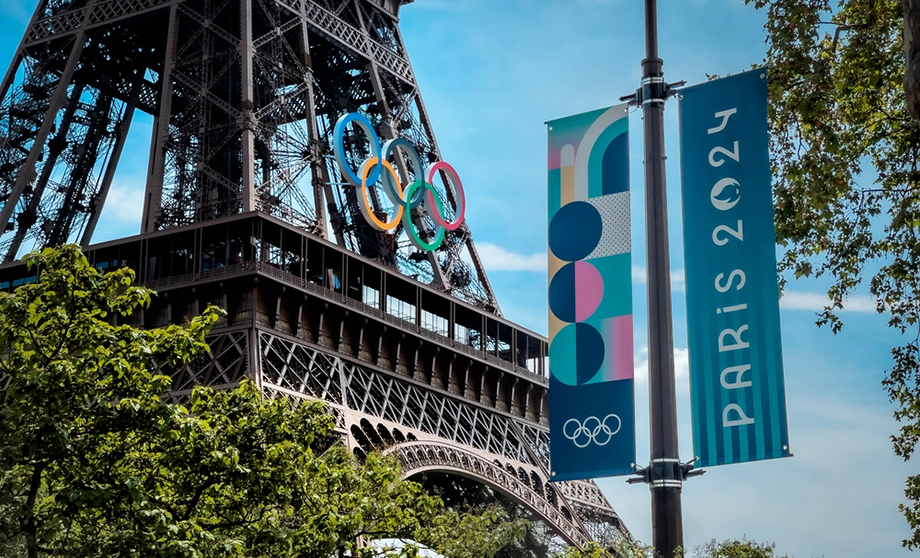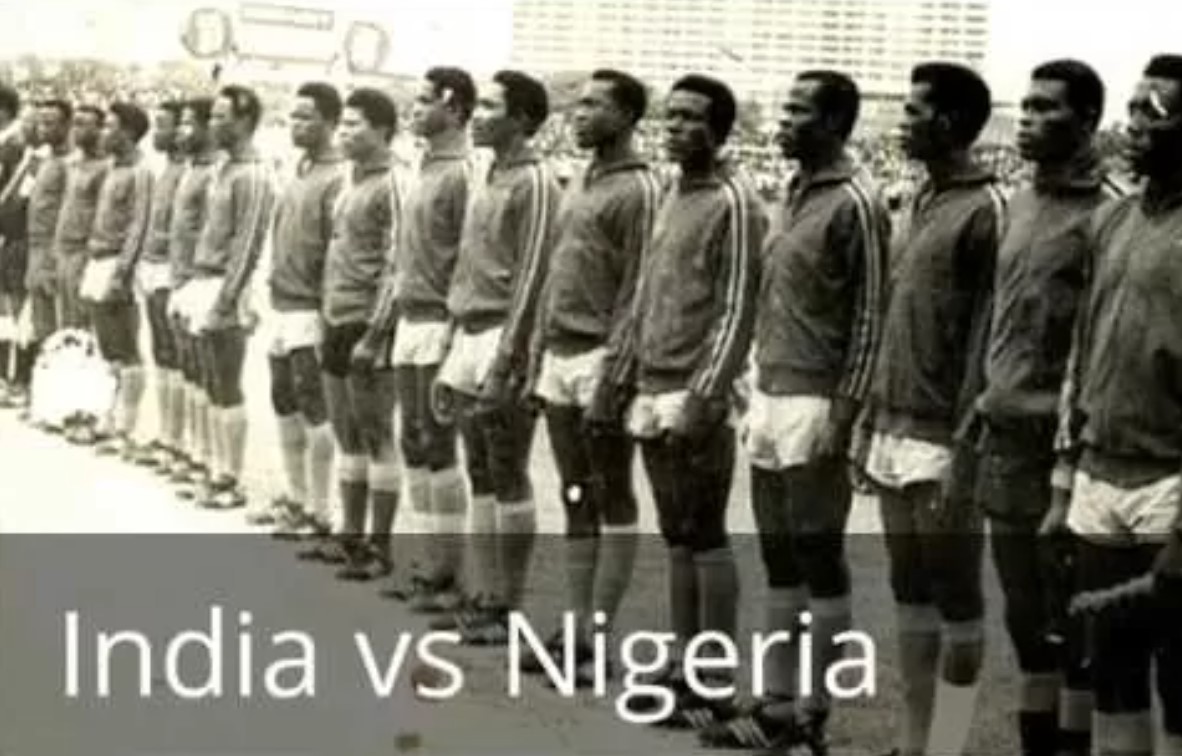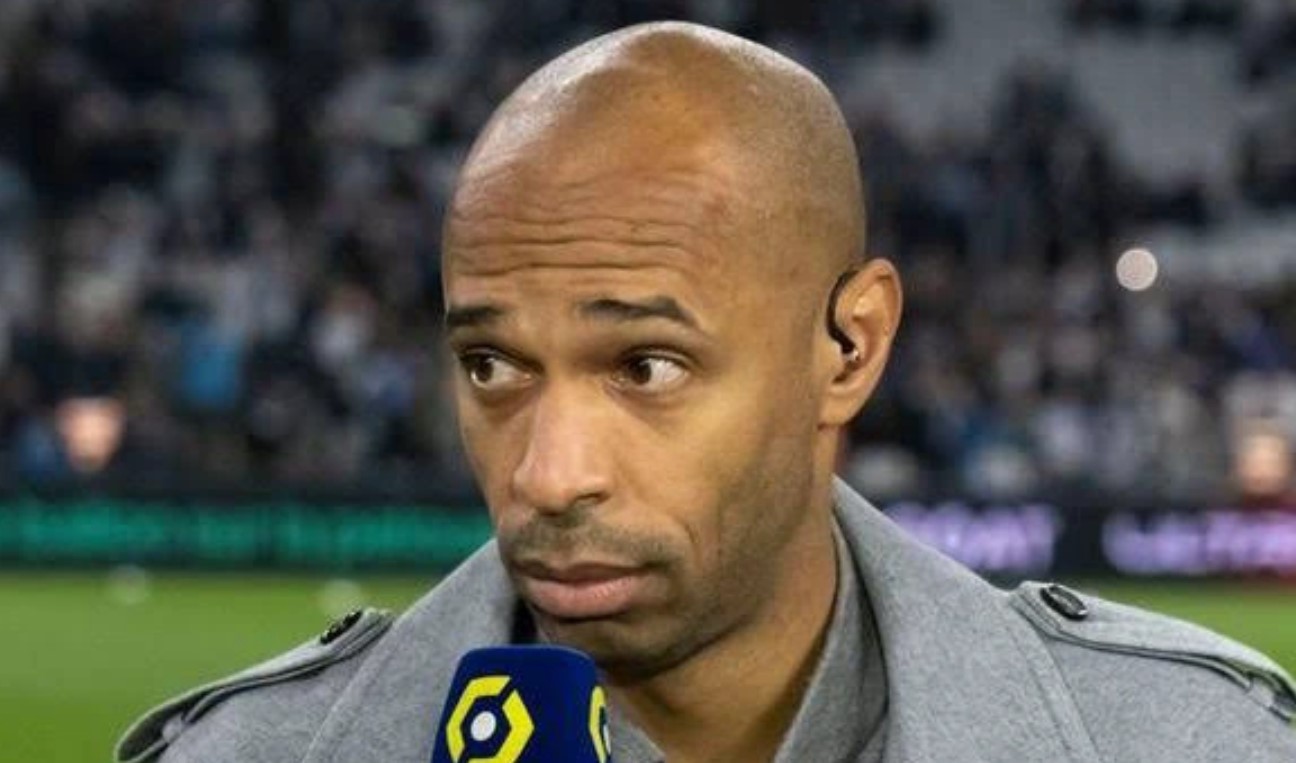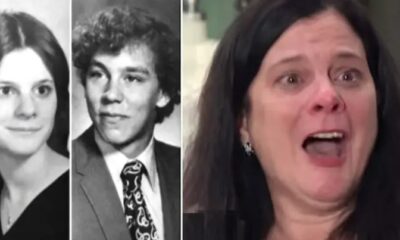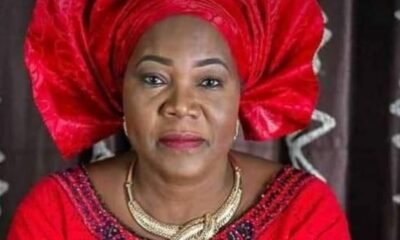The Paris Olympic and Paralympic Games are just around the corner. Athletes coached by JICA Overseas Cooperation Volunteers will also be competing in these two tournaments, which will feature the world’s top athletes. We spoke to two JOCVs who will be coaching athletes from Vanuatu and India about their coaching and their thoughts on the tournament.
Photo: Hethers/ Shutterstock.com
First win in first match! Vanuatu women’s table tennis player takes on first challenge in 16 years
Vanuatu, located about 1,800 km east of Australia, is an archipelago of 83 islands stretching about 1,200 km from north to south. From Vanuatu, Priscilla Tommy, a women’s singles table tennis player, will compete in the Olympic Games for the second time in 16 years since the 2008 Beijing Olympics, at the age of 33. Satoshi Takashima, a JICA Overseas Cooperation Volunteer, coached Tommy and led her to compete in the Olympics. He will be dispatched to Vanuatu from April 2023 to coach the country’s national team.
Priscilla Tommy and Takashima Satoshi (from the left). Takashima was a member of the table tennis club throughout junior high, high school and university (University of Tsukuba), where he played an active role. After graduating from university, he coached in the UAE and Bahrain for a total of eight and a half years as a sports instructor dispatched by the Japan Foundation. After working for a company in Japan and retiring at the age of 60, he became a JICA Overseas Cooperation Volunteer, coaching the Jamaican national team from 2017 to 2019, and will serve as coach of the Vanuatu national team from April 2023.
Tommy will win a gold medal at the Pacific Games (held every four years as the regional Olympics in Oceania) in November 2023. He will also win the Olympic Oceania Qualifiers in May 2024, winning all four matches, and successfully qualifying for the Olympics.
Tommy’s success was made possible by the efforts of Takashima, who created a unique training program for the tournament and provided instruction based on data analyzed from past footage of players from other countries.
“He is a player who is smart about table tennis and analyzes his own play and makes corrections.” That is how Takashima praises Tommy, but he did not even participate in the qualifying rounds for the 2012 and 2016 Olympics due to childcare, and for the 2020 Tokyo Olympics due to the COVID-19 pandemic. In fact, Vanuatu is made up of 83 islands, and Tommy lives on an island without a table tennis table, about 400 kilometers north of Efate, where the capital Port Vila is located. Due to the COVID-19 pandemic, he has not been able to practice since November 2019. Two months before the Pacific Games, he stayed at his cousin’s house in Port Vila and practiced every day with Takashima to fill the gap.
“The reason he was able to fight so well despite not having practiced is because he has a solid foundation. He’s a defensive cut player, which is rare in Oceania, and his very large arms and legs are also one of his strengths. He’s also straightforward enough to faithfully follow the training program I put together for him, which I think is also a factor in his strength.”
However, Takashima says that the environment for table tennis in Vanuatu is far from good. “We don’t have a dedicated practice facility, so we practice together with other sports in a gymnasium with four table tennis tables. The windows and ceiling of that gymnasium were also damaged by two huge cyclones in March last year, so the wind and rain get in.”
Mr. Takashima instructing Tommy
A practice area in the gymnasium with four ping pong tables
Although there is a table tennis federation in Vanuatu, it does not have an office, there are no coaches other than Takashima, and the staff are all volunteers. Anoline Lulu, a table tennis player who competed in the London Olympics and is Tommy’s cousin, serves as the federation’s president and also Tommy’s manager. Even in such an environment, Takashima not only provided enthusiastic instruction, but also created a good training environment by asking the vice president of the Japan Table Tennis Association to donate match balls.
Tommy achieved great results in the two tournaments he participated in. Previously, even when Takashima encouraged him to do so, he was reluctant to change his playing style because “I’m already winning,” but since deciding to compete in the Olympics, he has accepted Takashima’s advice and is now practicing playing with different types of rubber on the front and back of his racket and more aggressive play in order to compete against even stronger opponents.
“First of all, I want him to get through the first match,” said Takashima, who is looking forward to accompanying Tommy as his first Olympic coach, along with his expectations for Tommy.
Shaking hands with Tommy after the match, who won the final match of the Olympic Oceania qualifiers and qualified for the Olympics
Members of the Vanuatu national team coached by Takashima. Tommy is second from the left, and Lulu is fourth. Takashima says he wants to focus on developing young players, which is a major issue for him during the remainder of his term. READ FULL STORY HERE>>>CLICK HERE TO CONTINUE READING>>>
Absolute confidence in medals! India’s visually impaired judo attracts attention from Prime Minister Modi
Kapil Parmar, a male visually impaired judo player, and Kokila, a female visually impaired judo player, who have won a place in the Paralympics as representatives of India, are both competing for the first time. Their coach, JICA Overseas Cooperation Volunteer Souma Nagao, has earned the utmost trust from them. Since March 2022, he has been coaching the national team as part of the Indian Deaf and Blind Judo Association.
Kapil Parmar (third from the left), Kokila (second from the left) and Nagao Souma (far left). Nagao started judo in elementary school, and while at Riseisha High School he participated in the Osaka Inter-High School Championships, placing third individually, and also served as captain of the Setsunan University Judo Club. During his third year at university, he taught judo in India through the Ministry of Foreign Affairs’ Sports Diplomacy Promotion Project, and was so impressed by the hunger of the local athletes that he applied to be sent to India as a JICA Overseas Cooperation Volunteer. In addition to coaching the national judo team for the hearing and visually impaired, he also coaches able-bodied athletes at the dojo.
Palmer, 23, is tall and has long limbs, so he is good at the Harai-goshi technique, which involves putting his foot down from a distance. Kokila, 20, is small and uses a judo style that involves getting close to his opponent. Nagao coaches the players so that they can make the most of their characteristics and special techniques.
“When I first saw the national team athletes practicing, I honestly wondered, ‘Can they really compete in the world championships like this?’ It was clear to see how little they understood the basic movements. I realized that I had no choice but to teach them the mental aspects as well as the technical aspects, starting from the basics.”
In India, the number of able-bodied judo practitioners is not large in proportion to the country’s population, and Nagao says that “it feels like karate and judo are mixed together,” and awareness is not sufficient. Judo for the disabled also has a short history, and the Judo Association for the Hearing and Visually Impaired was established only about 14 years ago. There were no high-level instructors. Despite this, Nagao patiently taught the basics repeatedly.
A scene from training Palmer. In visually impaired judo, matches are always held in a grappling position.
Nagao’s dojo is open to the general public. He teaches 20-30 students, ranging from first grade elementary school students to those in their 20s.
However, some of the national team athletes expressed dissatisfaction with having to repeatedly practice the basics. The athletes’ motivation for training was low, and he felt like he was forcing them to do it. When he first took up his post, he was more excited about the new place and experience, but after a while, he began to feel anxious and impatient about the athletes’ attitude toward training. It was Nagao’s first experience teaching judo for people with disabilities, so he had to fumble around in some areas.
“Why don’t they understand that this is practice for the players?” she said, crying as she approached the association. They told her, “Don’t be so hasty,” and “This is India,” and she decided that she needed to respect the way Indian players thought and worked.
Under Nagao’s guidance, Parmar and Kokila have improved dramatically both technically and mentally. Parmar won the Tokyo International Open Tournament, an international tournament for visually impaired judo held in Tokyo in December 2022. This was a major achievement, as Parmar was the first Indian judo player to win an international tournament, including able-bodied athletes. Kokila also won second place in this tournament, and we hope that both men and women will achieve brilliant results at the Asian Para Games in October 2023, with Parmar coming second and Kokila coming third. Expectations are also rising in India, with Indian Prime Minister Modi posting words of praise and encouragement for the two athletes’ achievements on social media.
“Every time they win a medal, they say, ‘It’s all thanks to Nagao,’ which makes me happy,” says Nagao. This time, for the first time, he will accompany the athletes to the Paralympics as a coach. When asked about their goals for the Games, he said, “Kapil (Parmar) will definitely win the gold medal. Kokila will definitely win a medal, too.” He spoke with a smile of his absolute trust in his athletes.
Palmer won the International Blind Sports Federation (IBSA) Judo Grand Prix held in April 2024. Kokila also placed fifth, giving her momentum ahead of the Paris Paralympics. Nagao will continue to coach in India until December this year, extending his initial term by nine months. In the remainder of his term after the Paralympics, he plans to lay the groundwork for improving coaching and training methods to accommodate the changes in the weight classes for visually impaired judo from the next Paralympics.
Towards a world where everyone can enjoy sports
In this way, JICA Overseas Cooperation Volunteers train and train top athletes who compete in the Olympic and Paralympic Games in developing countries, but that is not all. JICA provides opportunities for participation in sports so that everyone, including beginners, the elderly, and people with disabilities, can participate in sports fairly and equally, and as a place to increase self-esteem in order to promote social inclusion of people with disabilities and women in particular.
Sports have the power to connect people beyond language, race, ethnicity, age, and the presence or absence of disabilities. With the help of sports, we are also working on peacebuilding initiatives that promote exchanges between divided ethnic groups and communities. We will continue to promote cooperation that utilizes the “power of sports” to expand people’s potential and realize a peaceful society.
2024-07-16 01:02:53
#Paris #Olympics #Paralympics #Volunteer #coach #takes #summer #News #Media #JICA
Related
